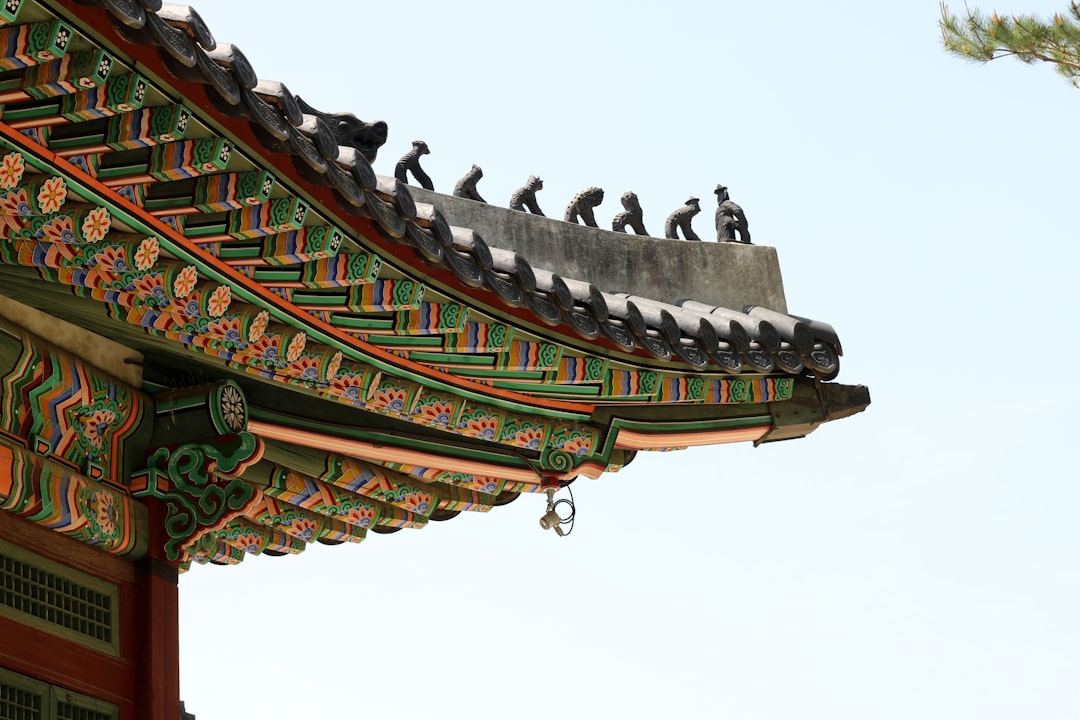In an age of fierce competition for architecture that seeks to outdo itself in grandeur, sometimes the most powerful spaces are the quietest. Located in Yeongwol, two hours from Seoul, the newly built hanok, or traditional hanok, has recently been gaining international attention for its elegance, craftsmanship, and understated beauty, rather than its flashy exterior. Last year, the project known as The Hanok Heritage House won first place in the hotel category of UNESCO’s Versailles Prize for Architecture. The title of “the most beautiful hotel in the world” was given not for its grandeur or scale, but for its soul. The project’s quiet backer, Listen Communication, is a Seoul-based studio that has been redefining Korean culture as a design language for a new era for over 15 years. What makes The Hanok Heritage House so special is not just its elegant reinterpretation of Korea’s wooden heritage, but also its creative revitalization of tradition for contemporary use. Working closely with local artisans, the studio revives forgotten techniques using old wood, hand-carved clay, and natural lacquer. Without being over-the-top, every detail is meaningful. Unlike many modern cultural heritage restorations that seem to freeze time, this hanok seems to breathe. Rooms naturally flow into outdoor courtyards, and the scent of wood lingers in the air. This is not a museum of the past, but a living, breathing space. The global design community is only now beginning to recognize what this Korean studio has been building for years: an architectural language rooted in cultural continuity, not nostalgia. Listen. Communication is not about chasing trends, it’s about creating them, and it’s about providing a blueprint for how local identities can speak to the world without translation. As the world turns its attention to more meaningful forms of luxury that honor nature, craft, and place, spaces like the Dahanok Heritage House are quietly leading the way. Koreans are also taking notice of this award, and it’s a chance to wake up to the beautiful heritage they have.
When Tradition Wins the World: A Quiet Korean House That Captivated UNESCO
previous post

